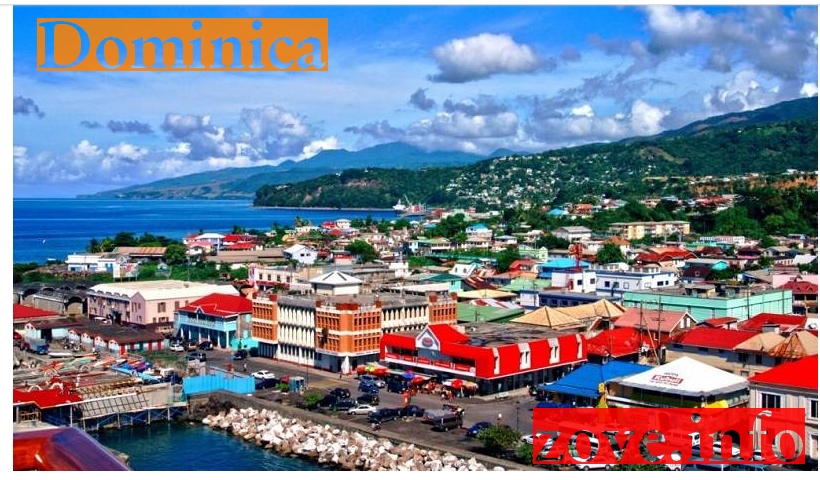Just like the Internet, travelling has become a must for people in the twenty-first century, be it for leisure or for business. The popularity of traveling and the widespread of the Internet combined result in a new business – online travel. Using the Internet for traveling purposes has become so common that thousands of websites have sprung up to respond to the demand. And what’s a better persuasion than – surprise, surprise – price?
Today’s tourism is not only about “high-yield” markets tailored for luxury travelers. The new generation prefers not to travel as royalties but rather as backpackers or adventurers trekking the world on shoestring budgets. In fact, a fifth of all the tourism journeys in the world in 2003 were made by youngsters traveling on small budgets, and the number is rising gradually.
And without a doubt, the @ generation turns to the Internet for help. More and more travelers rely on the World Wide Web for researching and making travel plans. Online travel agencies promise cheaper accommodations, car-rental rates and air tickets, and special discounts.
Cheap travel deals are what travelers look for. Other than the airlines’ official websites, the big-shot online travel agencies enable users to book flights and offer discounts on car-rental and hotels as well. Booking online is a preferred option for businesses because it costs less and is easier, so much so that they try to entice users by giving special discounts for those booking on the Internet.
Booking in a hotel online is cheaper too, because the chain of middlemen is shortened. Many may think that walk-in rates or phone reservations can be as cheap, but it is important to consider what one can expect from a hotel. By booking online, you will see images of hotel lobby, guest room, restaurant and other amenities.
Pricing strategy is how agencies compete, and one popular method is the “zero dollar” tours – meaning tour operators make very cheap package deals with very little or no profit from the price but steer tourists to businesses such as jewelry shops or souvenir shops that give back commissions. The deal might be temptingly cheap, but not many are satisfied with this type of traveling because they get pushed to buy things from the businesses.
Another cheap travel deal is “last minute” tours because operators would rather sell a space for a discount than let it go unfilled. Unfortunately, last minute tours are not guaranteed, so they are not suitable for those who have to make plans in advance because air tickets and hotel rooms are booked up so quickly and so far in advance in high seasons.
In such a competitive market, consumers do not only look for the cheapest option – they look for the best and most cost-effective option. There is, however, no definite “best” option because one man’s food is another’s poison. There are travelers who look for cheapest deals, and there are those who want to fly business class with airlines that provide the best basic travel service and amenities.
Cheap is the keyword for most businesses and when everyone competes to offer the cheapest deals, offering cheap deals alone is not enough to win the battle. Online travel agencies hold 51 percent of the online bookings, despite aggressive marketing and development efforts by suppliers. This shows that there are many agencies out there who want to attract customers, and often times their bait is the word “cheap”. Customers should be aware of the fact that it is common for travel agencies not to list hidden charges such as taxes and port fees. The price you see might not include some hidden cost which will make the total price much higher than you would like to pay.
